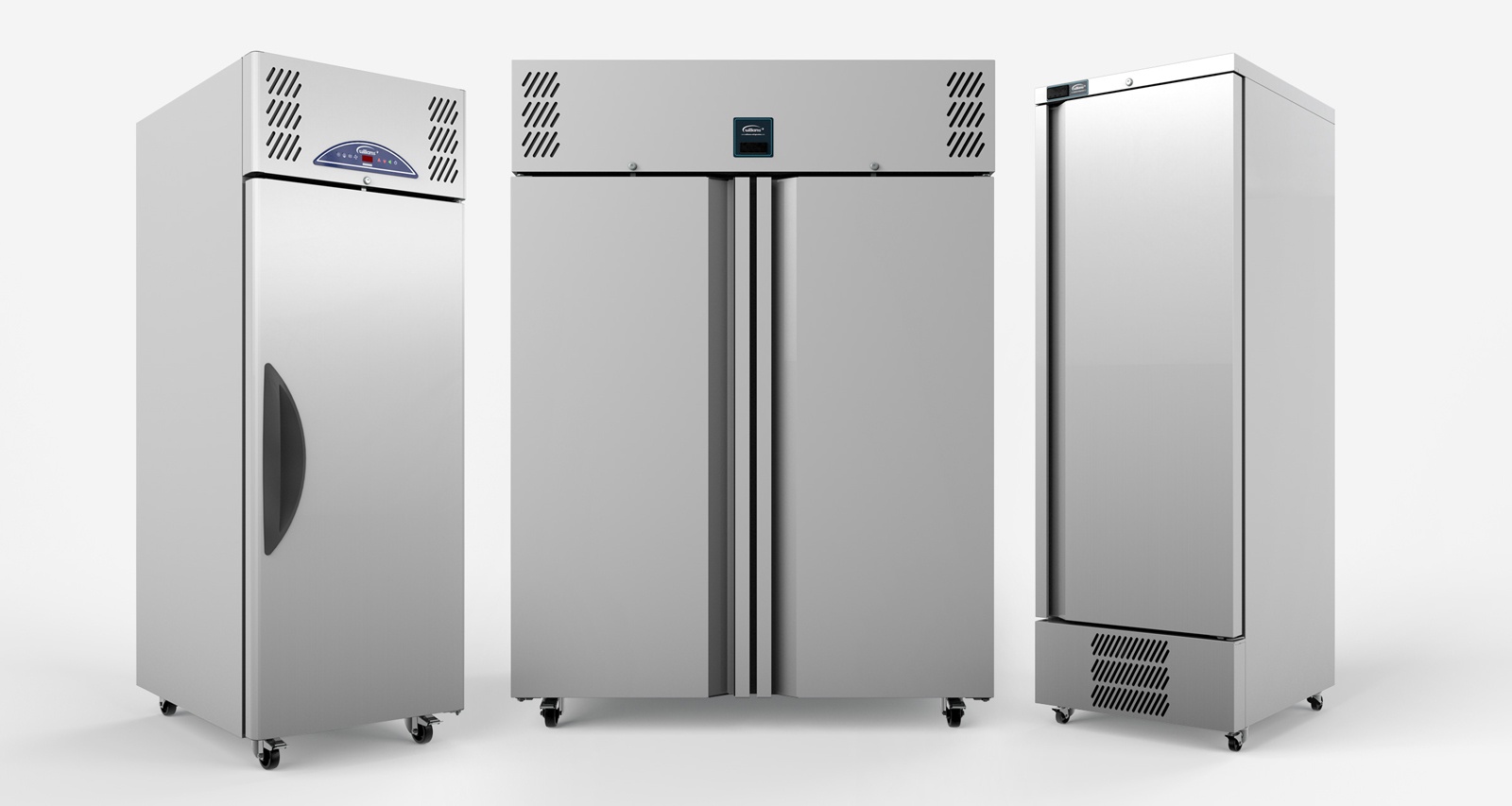What is MEPS?
The Minimum Energy Performance Standard (MEPS) for refrigeration is one set by The European Commission for limiting the maximum amount of energy that may be consumed by a product while in operation.
The temperature and energy performance of products will be tested and ranked on a scale from A-G against the agreed Test Standard (Currently being finalised by the Commercial Service Refrigerated Cabinets and Counters Group).
When will it be introduced?
MEPS is mandatory for all manufacturers of equipment and, after some initial delays in agreeing the Test Standard, will become legislation from July 2016.
Energy labelling
The ranking shall be displayed by means of an energy label (as seen currently on domestic appliances) thereby enabling rankings to be used as part of the buying decision. The ranking of G will be the minimum energy performance level with the highest ranking product being A +++
How will it affect the UK refrigeration market?
Any product falling below the minimum performance level (G) will not be eligible for sale within EU member states. Over time the bar will be raised by The European Commission so that those products ranked at the lower end of the scale (F, G for example) will no longer be eligible for sale.
This will ensure manufacturers are continuously looking to improve the ranking / energy consumption of their products.
Are all refrigerated products included?
No. The introduction of MEPS will be rolled out over a period of time. Initially, from July 2016, it will affect all professional refrigerated storage cabinets and counters only. Commercial display cabinets are due to be included from 1st January 2017.
However, other types of refrigeration (e.g. Blast Chillers; Coldrooms) and indeed other catering equipment will then follow suit and be ranked according to the agreed Standard for those products. Timescales have yet to be agreed for these.
Will MEPS affect products imported to the UK from outside of the EU?
Yes. In order for any product to be sold in any EU member state they will have to adhere to the Minimum Energy Performance Standard and be labelled correctly.
How will it be policed?
All testing of the products to the Standard set by the European Commission will be carried out by the manufacturer. There will be independent spot checks by The National Measurements Office (NMO) to ensure that the ratings manufacturers provide are accurate. False claims are likely to lead to products being withdrawn from the market. As the authorities making the checks in EU countries work closely together, a ban in one EU country will lead to a ban elsewhere.
Are there other changes that buyers should be aware of that may affect their purchasing decision?
Yes. Refrigeration systems will be fully optimised to perform at their most efficient in a certain ambient (e.g. 25, 30, 40°C). As such it will be important for products to be specified according to their application and the kitchen ambient within which it will be located.
Over specifying a product is likely to lead to a higher purchase cost whereas under specifying will affect the performance of the product. E.g. ambient requirement of a school v supermarket v restaurant.
Product testing
- Products will change significantly e.g. insulation, compressor, coils, liner bases, hinges, ducts, fans
- Each model (including variants’ and hybrids) must be tested and energy labelled
- It will be against the law to overstate product efficiency
ETL
The current Energy Technology List (ETL) is a voluntary scheme for identifying energy efficient products in the UK and enabling tax relief to be claimed against them.
The scheme will change with the introduction of MEPS, although how has yet to be advised.
The Future
MEPS will continue to remain an ongoing project for manufacturers, due to:
- Future MEPS changes to thresholds
- Changes to refrigerants
- Technical changes
- New product innovation
Refrigerant phase out dates (based on current information)
- Bans or restrictions differ between market sectors and product groups
- Professional Refrigeration Bans: GWP of 2500 or more from 1 January 2020 (R404A), and a GWP of 150 or more from 1 January 2022 (R134a)
- Current Refrigerant Values
- HFC R404A - GWP 3922
- HFC R134a - GWP 1430
- HFC R407C - GWP 1774
- With the above in mind it is likely that the market shall begin moving away from HFCs (R404A and R134a) in 2017
